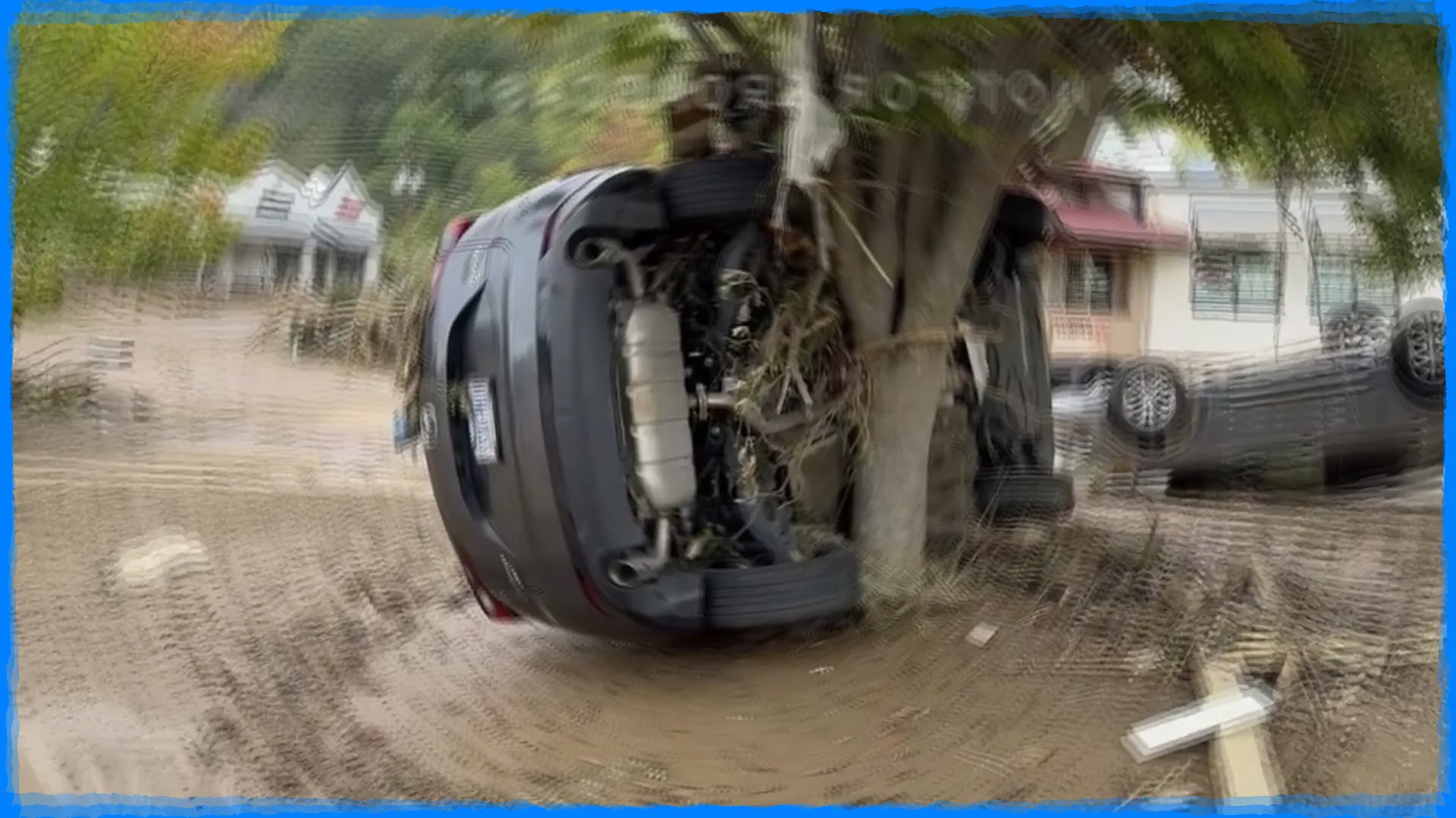
Catastrophic Floods Ravage Asheville and Surrounding Areas in the Wake of Hurricane Helene
In a devastating display of nature's raw power, the remnants of Hurricane Helene have left a trail of destruction across the southeastern United States, with the city of Asheville, North Carolina, bearing the brunt of the storm's wrath. As of Monday, September 30, 2024, the death toll has surpassed 120, with over 700 people still unaccounted for, making this one of the most catastrophic weather events to hit the region in recent memory.
The storm first made landfall near Perry in the Big Bend region of Florida on Thursday, September 26, as a powerful Category 4 hurricane, packing winds of up to 220 km/h (140 mph) and generating life-threatening storm surges of up to 6.1 m (20 feet). As the system moved northward, it slowly weakened but continued to unleash torrential rains and destructive winds, wreaking havoc across several states.
Asheville, a city with a population of around 93,770, found itself at the epicenter of the disaster. The remnant eyewall of Hurricane Helene passed directly over the city, leaving it largely cut off from the outside world due to the collapse of critical infrastructure. Roads, power lines, and communication networks were all but destroyed, hampering rescue and relief efforts.
According to the National Weather Service (NWS) office in Greenville-Spartanburg, the event was "historic" and the worst on record for the region. Local officials in Buncombe County, which encompasses Asheville, have reported at least 35 fatalities, with the overall death toll in North Carolina reaching 46. Tragically, the numbers continue to rise as isolated communities are accessed and the true extent of the damage becomes apparent.
The flooding and mudslides caused by the relentless rains have been particularly devastating, overwhelming local emergency responders and rendering key transportation arteries, such as Interstate 40 and I-26, impassable. Buncombe County Sheriff Quentin Miller has described the situation as "overwhelming," with false reports of a dam failure further complicating the already dire situation.
North Carolina Governor Roy Cooper has acknowledged the gravity of the situation, stating that "this is an unprecedented tragedy" and warning that the death toll is expected to rise as rescuers gain access to the affected areas. Authorities have also urged residents to boil water due to a major water line break, further exacerbating the challenges faced by the community.
The NWS meteorologists in Greenville-Spartanburg have expressed their profound sorrow, describing the event as the "worst in our office's history" and offering their thoughts and prayers to the residents and first responders as they grapple with the aftermath of this historic disaster.
As the nation grapples with the devastating aftermath of Hurricane Helene, the focus now shifts to the arduous task of recovery and rebuilding. The road ahead will be long and arduous, but the resilience and determination of the affected communities will be crucial in overcoming this tragic event and emerging stronger than ever before.